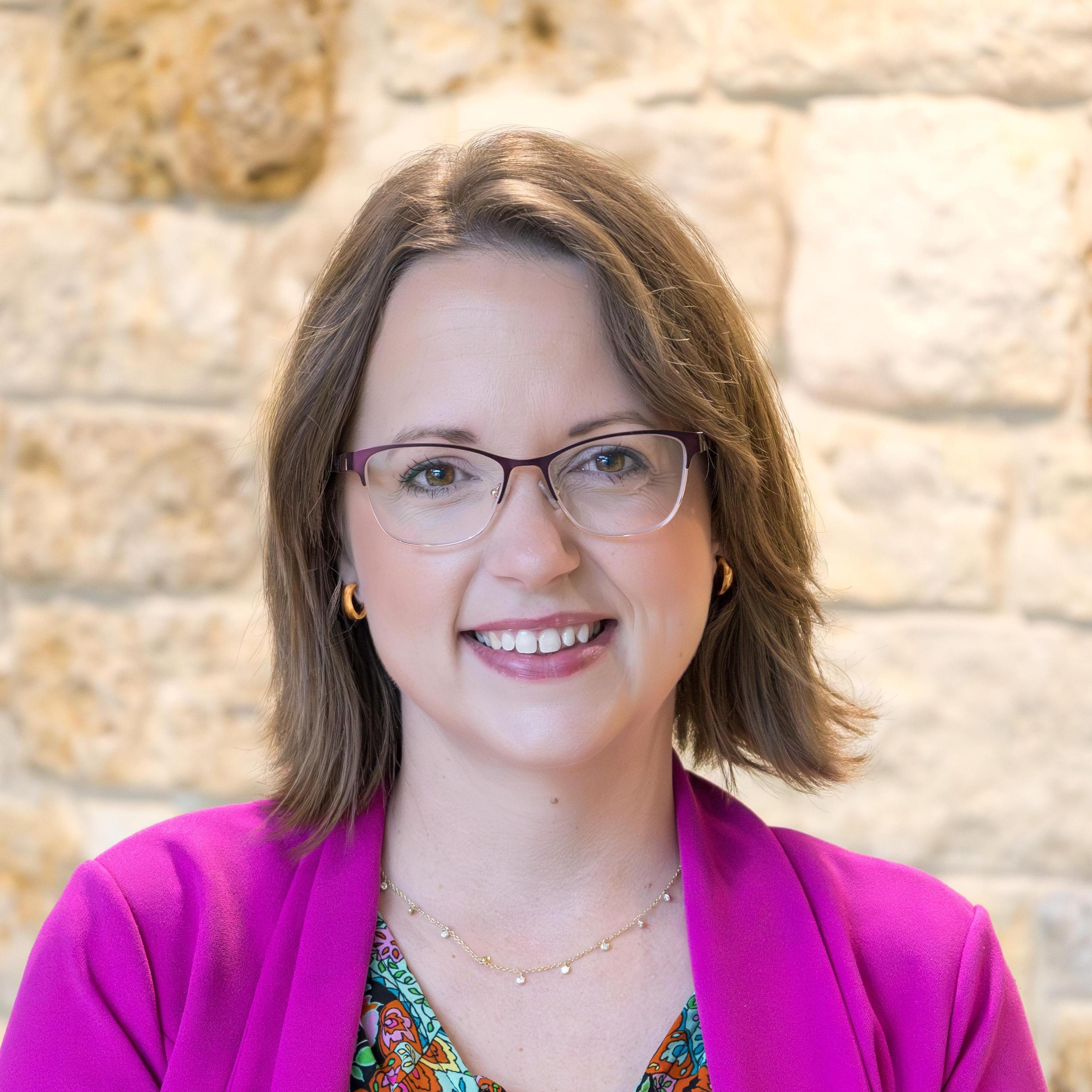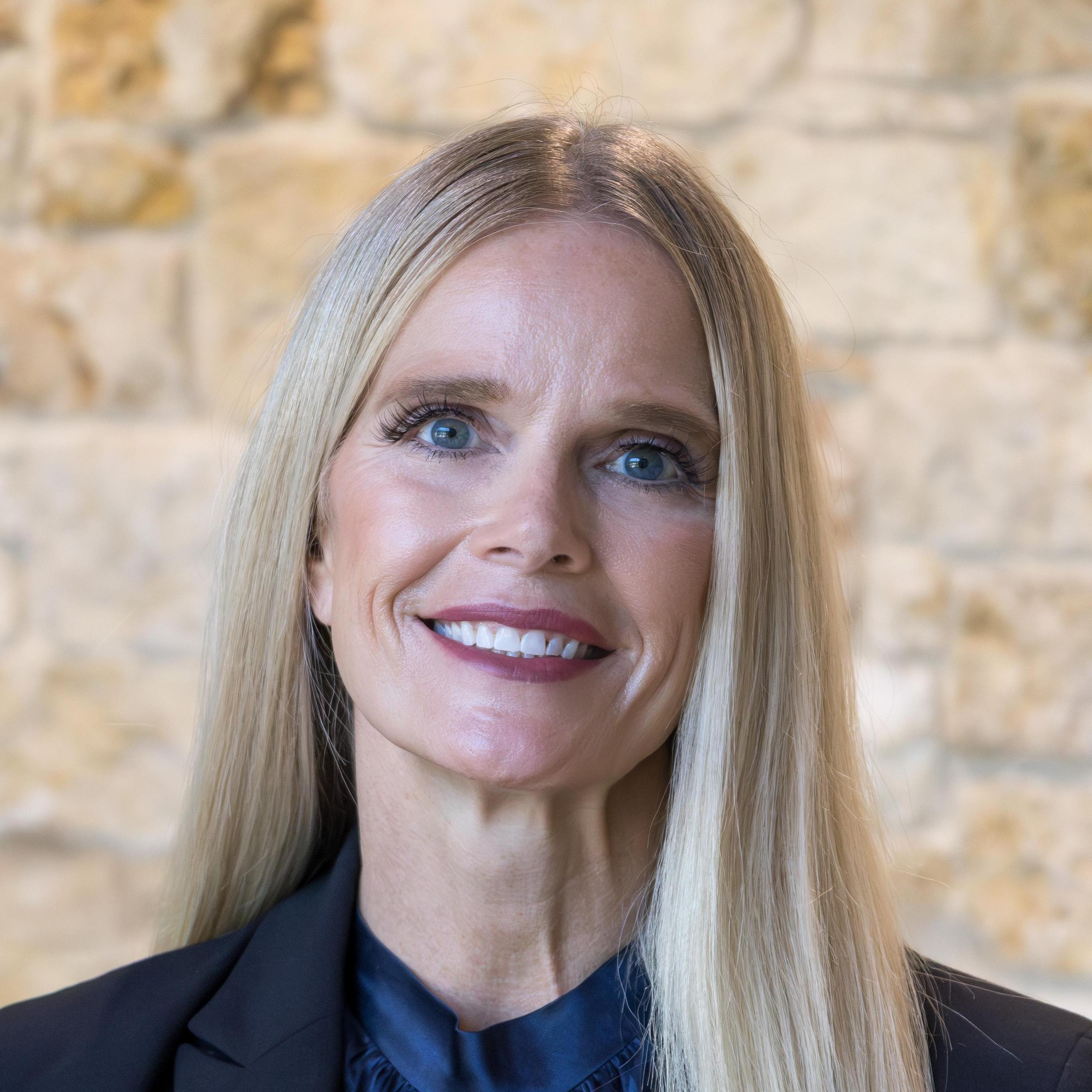Gifted and Talented Services

In 1987, the Texas Legislature required all school districts and charter schools to identify and serve Gifted and Talented (G/T) students at all grade levels. The Texas State Plan for the Education of Gifted/Talented Students, first adopted in 1990 and revised in June 2019 and again in 2024, holds districts accountable for G/T services, with performance measures for six aspects of service design, based on state law and State Board of Education (SBOE) rules.
To that extent, the Region 7 ESC G/T staff is committed to assisting districts and charter schools in achieving the accountability standards outlined in the State Plan for gifted education by providing comprehensive services including but not limited to:
- Offering professional development on best practices, developments, and achievements in G/T education
- Developing materials and assisting districts in the development and implementation of local programs
- Providing personalized technical assistance
- Delivering student seminars designed around the four foundation curricular areas
- Assisting districts and charters in providing out-of-school options for gifted students through student seminars and summer scholarship opportunities
We invite you to learn more about our services and programs by browsing the information located on this webpage. We look forward to serving you and your students!
Texas Definition for Gifted/Talented Students
A gifted learner is a child or youth who performs at or shows the potential for performing at a remarkably high level of accomplishment when compared to others of the same age, experience, or environment and who:
- exhibits high-performance capability in an intellectual, creative, or artistic area;
- possesses an unusual capacity for leadership; or
- excels in a specific academic field (TEC §29.121).
Region 7 ESC G/T staff supports districts in addressing the unique needs of gifted learners through Student Seminars. These seminars provide challenging learning experiences aligned with students' abilities, focusing on the Texas Essential Knowledge and Skills (TEKS) across core subjects. They also offer opportunities for gifted students to collaborate and work independently, meeting the Texas State Plan's requirement for out-of-school options relevant to students' strengths (19 TAC §89.3(3)).
For more information, click on the Student Seminars link below.
Professional Learning
According to the Texas State Plan for the Education of Gifted/Talented Students, teachers who provide instruction and services that are a part of the district's defined gifted/talented services must complete at least 30 hours of professional learning.
Additionally, teachers who provide instruction and services that are a part of the district's defined gifted/talented services must receive six hours annually of professional learning in gifted/talented education that is related to the Texas State Teacher Education Gifted/Talented Standards. (19 TAC §89.2(1)(3) and TAC §233.1) The annual update training should be tailored to meet district and student needs, focusing on understanding and addressing the nature and needs of G/T students and must be led by an expert in gifted education. Region 7 ESC's gifted/talented professional development trainings meet all of these expectations.
Region 7 ESC offers two different formats of training to meet the varied professional development needs of schools: online in the Canvas Learning Management System and face-to-face at the service center or on-site in your district.
Canvas Online
The Region 7 ESC gifted/talented online courses serve as a venue for teachers and administrators to collaborate and learn together in a virtual world at any time, day or night, at their convenience within a designated time frame.
Per the TEA stipulations, these courses are facilitated and monitored to ensure that all requirements are met, with participant interaction within the content, with the facilitator, and with their peers in the course. Additionally, the course participants' responses are monitored, and homework assignments and activities are reviewed before credit is awarded and a certificate is earned.
To register, click on the workshop number provided or email Melinda Coop, [email protected] if you have trouble registering.
Click below for more information on our 30-hour foundational workshops, 6-hour updates, administrator trainings, counselor trainings, and our student events!
Administrators and Counselors
Gifted/Talented Certified - TExES G/T Supplemental 162 Exam
Region 7 Student Seminars
Student Seminars Workshops/Training
District Support
New G/T Coordinators
New G/T Teachers
G/T Resources
Additional Resources for Teachers and Parents
Region 7 G/T News
Occasionally, the G/T staff sends out information regarding upcoming sessions, important changes happening on the state level, and other pertinent information regarding gifted education. Make sure you are in-the-know about all things gifted at Region 7 ESC and Texas! Subscribe to the G/T email lists, Gifted and Talented and G/T Co-op. All you have to do is click on the green button!





